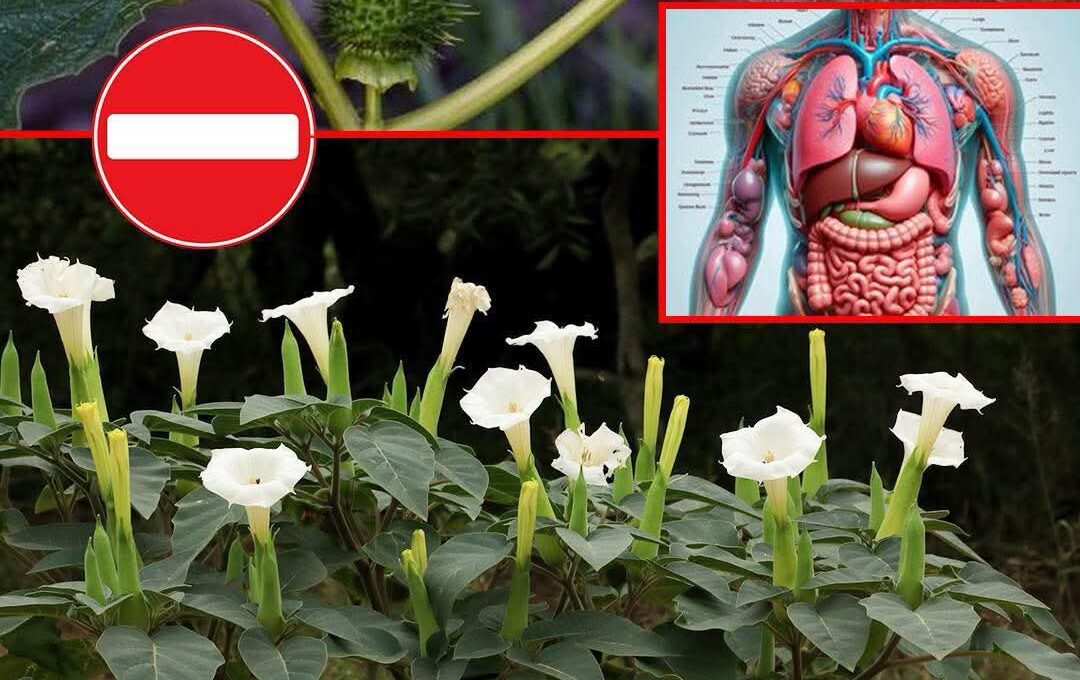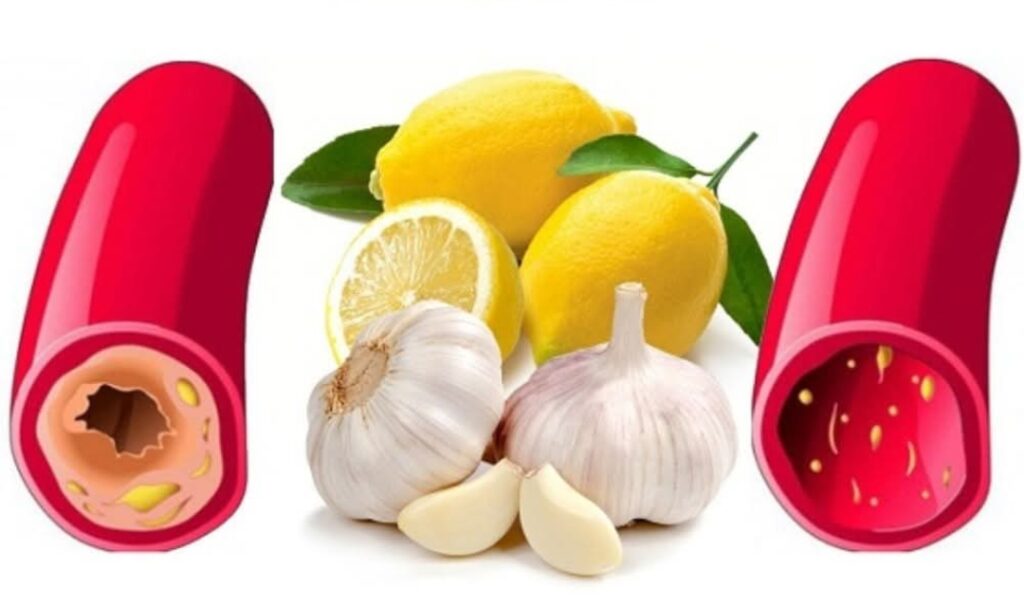The Datura Genus: Why You Should Keep Your Distance from These Toxic Plants

Datura, also known as Devil’s Trumpet or Jimsonweed, is a fascinating yet highly toxic genus of plants. While its large, trumpet-shaped flowers may look beautiful, every part of the plant—leaves, seeds, stems, and roots—contains potent toxins that can be deadly if ingested or even absorbed through the skin. Despite its historical use in traditional medicine and spiritual rituals, Datura is best admired from a distance due to its dangerous effects.
Why Datura is Highly Toxic
- Contains Deadly Alkaloids – Datura is rich in tropane alkaloids such as scopolamine, atropine, and hyoscyamine, which can cause severe poisoning.
- Hallucinogenic Effects – Even small amounts can trigger intense hallucinations, confusion, paranoia, and delirium, lasting for hours or even days.
- Severe Physical Symptoms – Ingestion can lead to rapid heartbeat, dry mouth, blurred vision, seizures, and respiratory failure.
- Potentially Fatal – In high doses, Datura poisoning can lead to coma or death, making it one of the most dangerous plants in the world.
- Difficult to Control – Symptoms of poisoning are unpredictable and often require immediate medical intervention.
FAQs
1. Can touching Datura be dangerous?
While touching the plant isn’t always harmful, its toxins can be absorbed through the skin, especially if there are cuts or open wounds.
2. What happens if someone accidentally eats Datura?
Symptoms include severe confusion, hallucinations, dry mouth, dilated pupils, and rapid heartbeat. Immediate medical attention is crucial.
3. Is Datura ever used for medical purposes?
Historically, Datura was used in traditional medicine for pain relief and asthma, but its dangers far outweigh any potential benefits. Only trained professionals handle its medicinal applications.
4. Can animals get poisoned by Datura?
Yes! Livestock, pets, and even wild animals can suffer from poisoning if they consume the plant.
5. Where does Datura grow?
Datura thrives in warm climates, often found in gardens, roadsides, and wild fields across North America, South Asia, and parts of Europe.
How to Stay Safe
- Never attempt to consume any part of the Datura plant.
- Avoid planting it near homes or public spaces, especially where children or pets may come in contact.
- Wear gloves when handling or removing Datura from your surroundings.
- Seek medical help immediately if you suspect Datura poisoning.
While Datura is undeniably a stunning plant, its extreme toxicity makes it one of nature’s most dangerous species. Enjoy its beauty from afar, but never take the risk of getting too close!




